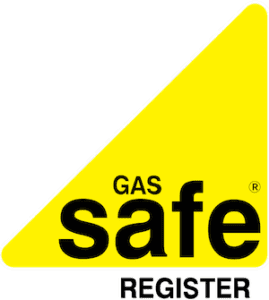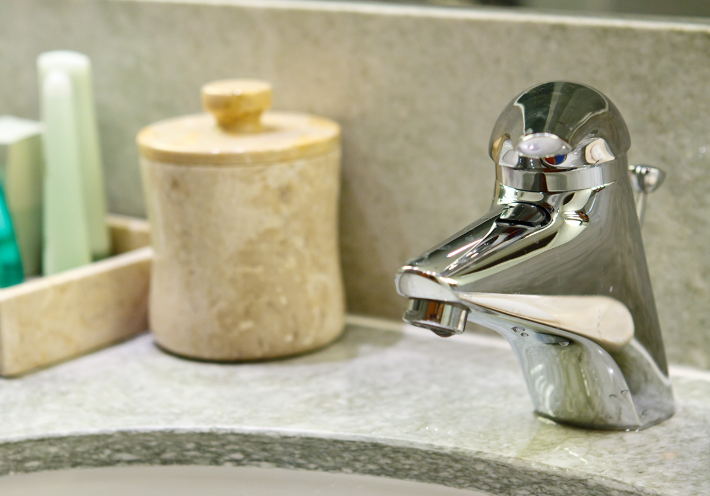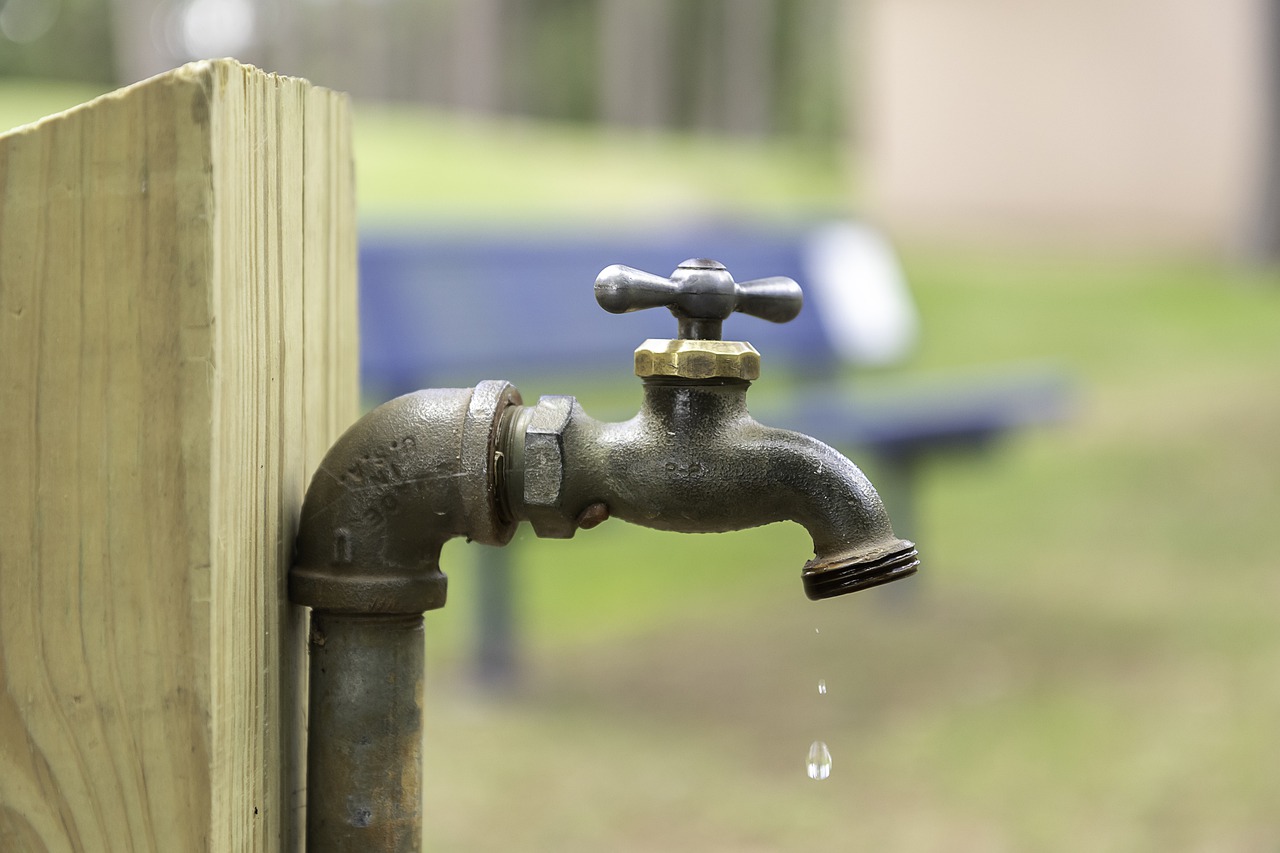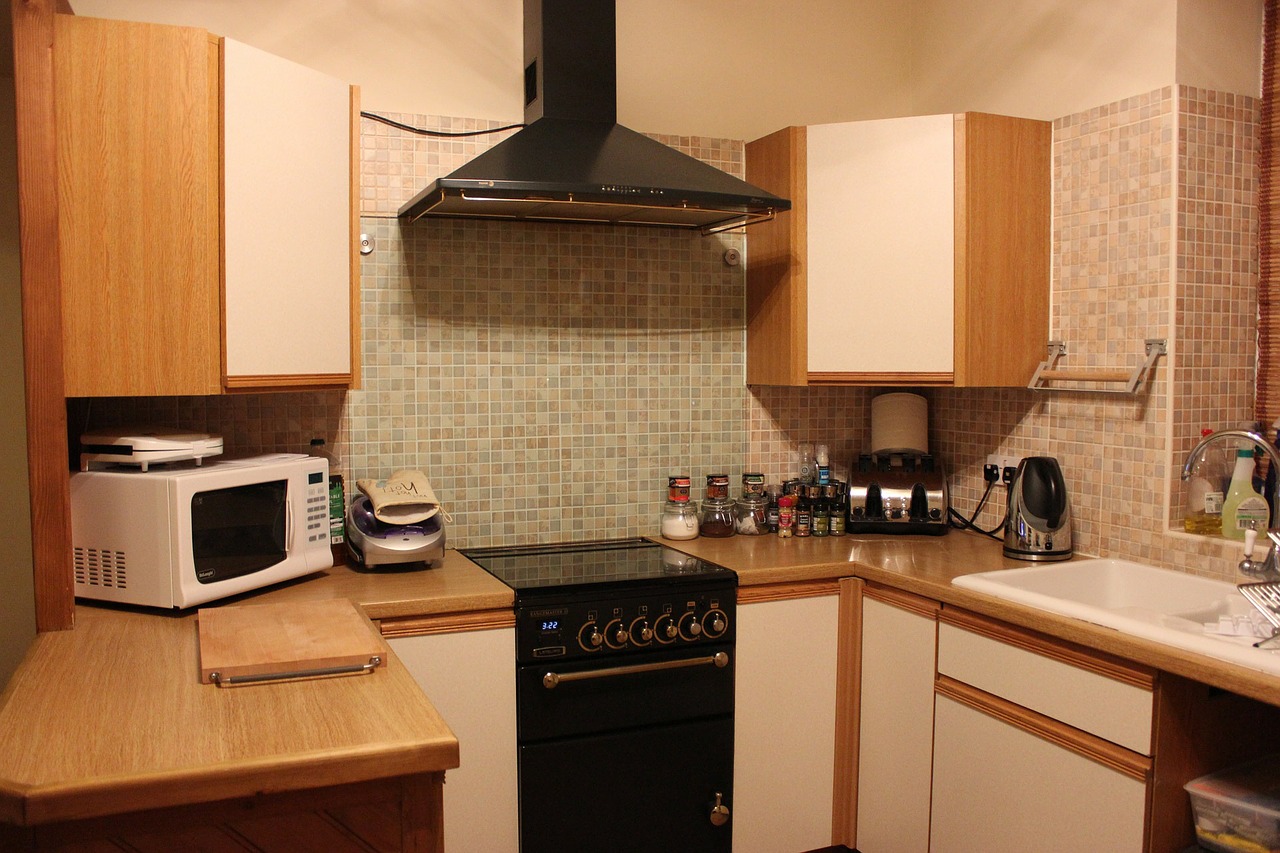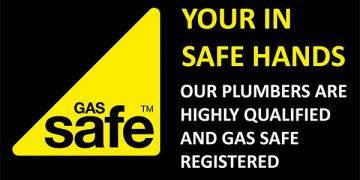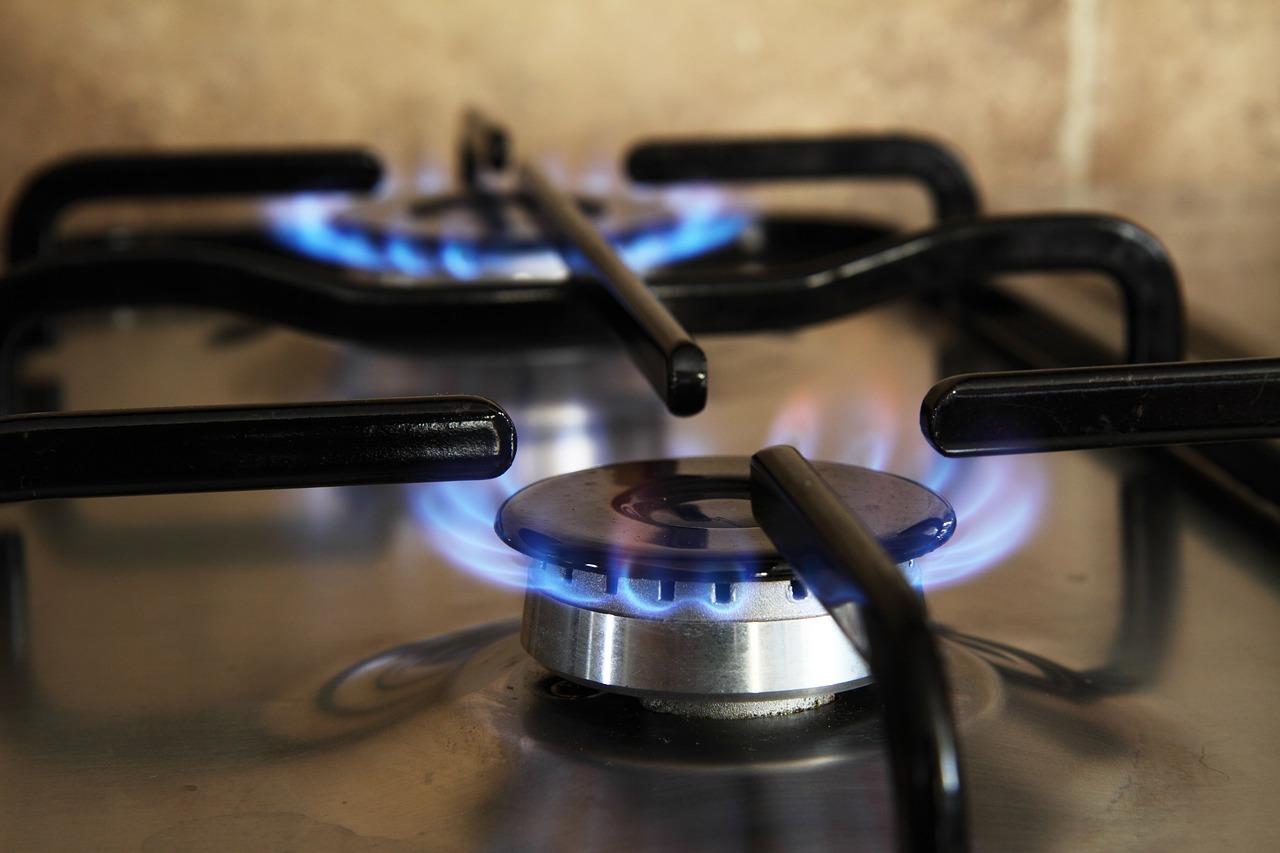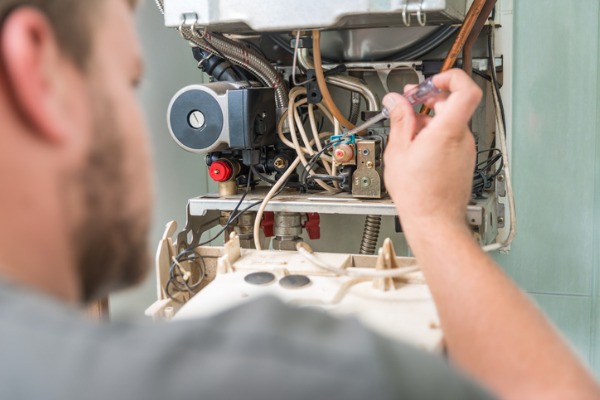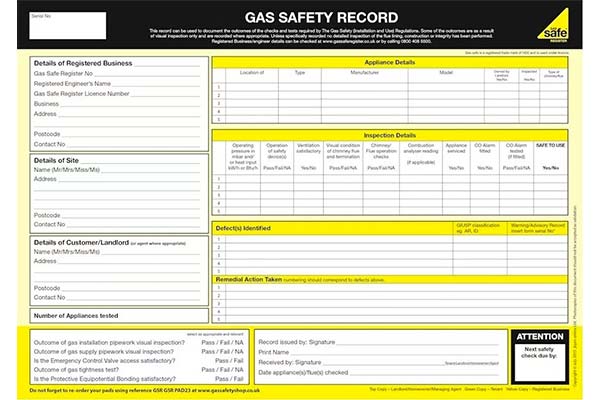There is nothing more frustrating than hearing “drip, drip, drip” from your kitchen sink or bathroom tap nonstop. And, as much as you’d want to ignore it in hopes of it going away, leaving your faucet to continue dripping and leaking all over your sink will not make that dripping sound stop. Look, a dripping faucet usually means that there is something wrong with your tap washer. And luckily for you, replacing the washer is not as difficult as it seems. “But, I don’t know how to change a tap washer!” you might say. Well then, you’ve come to the right place! Today, I’m going to be giving you a series of steps you can follow to get your leaky tap fixed and running in perfect order.
But, before we begin, don’t forget to check for the following:
What type of tap you are using
One thing you should know is that there are different types of taps out there, and knowing which kind is extremely vital. This guide is for traditional taps which use rubber washer, and not modern taps which use ceramic discs.
You have all the equipment you will need
For this particular project, you’ll be needing a flathead screwdriver, an adjustable spanner or wrench, a piece of cloth, and of course, the spare washer. Rubber washers are available at almost any hardware store and even online.
Your water supply is turned off
Before you begin any type of plumbing work, whether it be on kitchen sinks, a shower head, any kind of bathroom furniture, and water taps, you will have to make sure that you cut off the flow of water to your sink. Otherwise, you will be spraying water everywhere, and nobody wants that! You may do this by turning the valve that is located under your sink. If your sink does not have an isolation valve that directly cuts it off from the water supply, you will have to turn off your water main. Additionally, if you’re replacing the washer on the hot water tap, make sure to turn off the boiler, too.
Your sink is plugged
Replacing washers involves a lot of screws and small parts from the inside of your leaky tap. So, to make sure that nothing falls down the drain, make sure to plug your sink. To make sure the surface of your sink is protected from any potential damage while making the replacement, you may want to cover your sink basin with a cloth or old towel.
Once you’ve got all that checked and done, you may now begin the repair! Here are some easy steps to help you out:
Pro-tip: Whatever you take apart, you will put back together later. So, do not forget how the components are ordered before disassembling the tap. You may want to lay all of your tap’s components and screws in the order in which you have removed them. This will make reassembling the tap much easier and faster.
Step 1: Remove the tap head
Removing the tap head, tap handle, or the top of the tap, can be easily done by undoing the screw holding it in place, and then prying it open using your flathead screwdriver. This will expose the inner workings of your tap, or more specifically, your tap’s valve.
Step 2: Undo the valve
Remove the valve with your adjustable spanner. If you find that your tap valve is stiff and difficult to remove, you may either hold on to the tap spout for leverage or wrap a piece of cloth around it before undoing it with your wrench.
Step 3: Replace the tap washer
Once you have removed the valve, you will find your tap washer. It would usually be held in place by a screw or a nut. Undo that, and then remove the tap washer. You may either pry it off using the screwdriver or spanner. If neither works, consider lathering some oil around it. Try again. Once you have removed it from the rest of the tap, feel free to examine it for any kind of damage. Chances are, you will see some cracks that represent its wear and tear.
It is also important to note that your replacement washer should be compatible with your tap. To make sure that you get the correct kind, you may opt to disassemble your tap before getting a replacement, Otherwise, be sure to refer to a professional or read through a DIY forum to get an idea on how your tap washer could look.
Once you’ve got this all sorted out, all you have to do is reassemble the tap!
Step 4: Reassemble the tap
Screw the valve back into place. Make sure not to screw it back on too tightly, or might damage the tap. After this, fasten the tap head or tap handle back on. Ta-da! You’re done! You’ve successfully changed a tap washer! Now, you may turn the water supply on and observe for any more leaks.
Alongside this guide, you may want to consider watching DIY Videos on changing tap washers like this one:
How do I prevent this from happening again?
Unfortunately, preventing leaking taps is almost impossible when you’re using a traditional tap with a rubber washer, as rubber tap washers naturally go through wear and tear over time. If you want to reduce the frequency of having to make DIY repairs on your tap, though, you may consider switching over to a modern tap which makes use of ceramic discs instead. Ceramic discs are much durable, meaning you wouldn’t have to change them as often as you would a rubber tap washer.
What if my tap continues leaking?
If your DIY project does not stop your tap from leaking, you may want to check the valve as well, When your valve is faulty, chances are, the tap seat and the washer wouldn’t be able to function properly, no matter what.
If this does not work, you may want to leave it to a professional or consider replacing your tap altogether.

